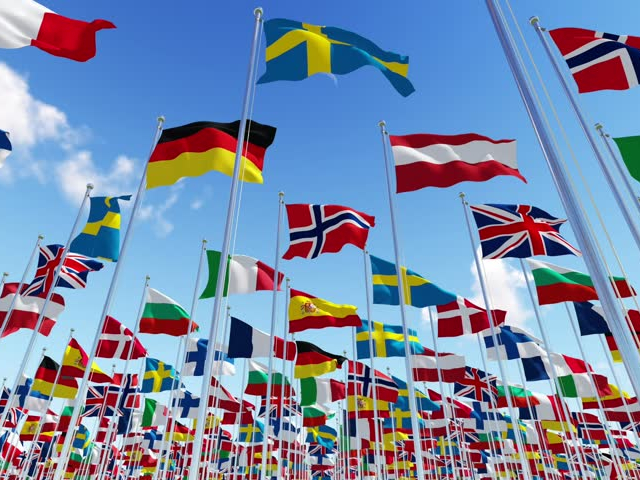
The first solution to the problem would be to move the companies registered in Cyprus to other jurisdictions as agreements with them will hardly be revised. The disadvantage of this option is clearly visible: this process is too costly and time-consuming. However, it proved to be true for those companies that faced a difficult and lengthy process of confirming the actual right to income due to the introduction of reduced tax rates. In addition, no one can guarantee that the Russian government and the Ministry of Finance will not try to break the agreement with other jurisdictions as well. Still, there is a choice. In particular, companies can move to Singapore, Switzerland or the Netherlands.

The second solution would be to relocate companies to the Russian offshore territories, Russkiy and Oktyabrsky Islands, or to recognize them as residents of the Russian Federation. This is a rather promising strategy. However, it has not been very popular among companies. Russia made all the necessary legislative provisions to welcome companies to its territory. However, things are not so rosy in real life: so far, companies have only shown their interest. They are in no hurry to take risks and move. They are cautious about a lack of sufficient experience in their law enforcement practice. Moreover, they distrust Russia's judicial system wishing to remain within the English law.

The third solution would be to withdraw a company's profit outside the country and, at the same time, to sign a contract for services or increase royalties. This would be a good option for trademarks. Notably, taxes are not put on the majority of royalty agreements. At the same time, this can be dangerous as Russian lawmakers have long been keeping an eye on the intra-group services, including royalties. Oftentimes, tax authorities check these payments to determine whether they are included in expenses when calculating taxable profit. Occasionally, royalties are considered as dividends which may lead to additional taxation.

The fourth solution is based on the so-called "end-to-end method". According to this approach, a foreign holding company, which is a profit recipient, makes a Russian company or an individual, who can be classified as a tax resident, the final recipient. At the same time, the status of all other corporations is determined as transit. In such a case, companies are taxed at 13%. However, if they closely observe certain conditions, the tax rate may be reduced even to 0%. Thus, companies can build up significant tax savings and avoid taxation on each step in the chain. The Russian authorities removed restrictions on the zero tax rate until 2024. Therefore, this method remains one of the least expensive and relatively convenient.

The fifth solution would be to attract external funding in the market. This is perhaps the most expensive reorganization option. The problem is that the termination of the previously concluded agreements should not affect loan payments. That involves primarily the issue of debt securities. Such immunity - that is a tax exemption, is provided by the legislative acts of the Russian Federation, and not by treaties and agreements. Consequently, it is impossible to introduce any changes in it. The scheme looks quite transparent: a foreign corporation that seeks funding from abroad must be based on the territory of the country that has a double taxation agreement with Russia. As a result, companies will not have to pay interest on foreign investments.
 Deutsch
Deutsch 
 Русский
Русский English
English Bahasa Indonesia
Bahasa Indonesia Bahasa Malay
Bahasa Malay ไทย
ไทย Español
Español Български
Български Français
Français Tiếng Việt
Tiếng Việt 中文
中文 বাংলা
বাংলা हिन्दी
हिन्दी Čeština
Čeština Українська
Українська Română
Română
